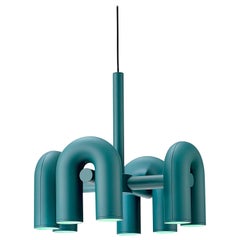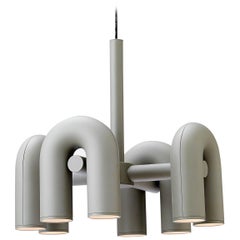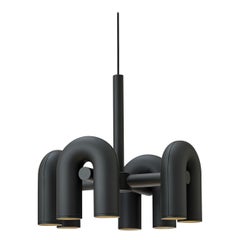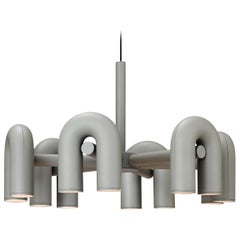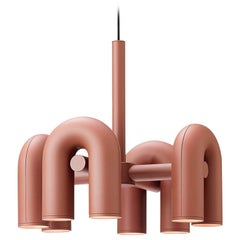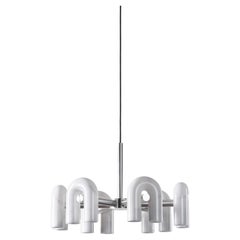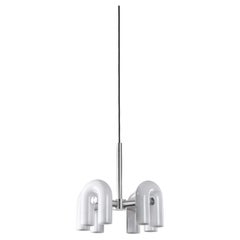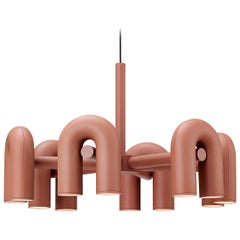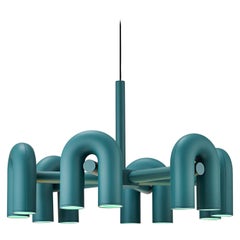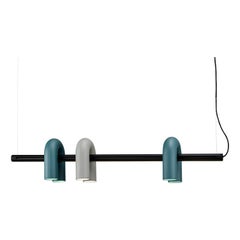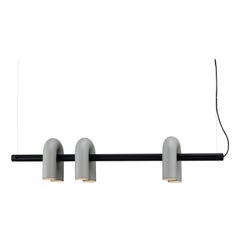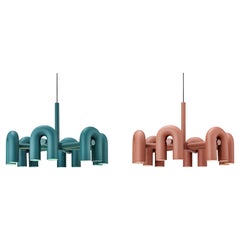Cirkus Chandelier
21st Century and Contemporary French Organic Modern Chandeliers and Pend...
Aluminum
21st Century and Contemporary French Organic Modern Chandeliers and Pend...
Aluminum
21st Century and Contemporary French Organic Modern Chandeliers and Pend...
Aluminum
21st Century and Contemporary French Organic Modern Chandeliers and Pend...
Aluminum
21st Century and Contemporary French Chandeliers and Pendants
Aluminum
21st Century and Contemporary French Organic Modern Chandeliers and Pend...
Aluminum
21st Century and Contemporary French Organic Modern Chandeliers and Pend...
Aluminum
21st Century and Contemporary French Organic Modern Chandeliers and Pend...
Aluminum
21st Century and Contemporary French Organic Modern Chandeliers and Pend...
Aluminum
21st Century and Contemporary French Organic Modern Chandeliers and Pend...
Aluminum
21st Century and Contemporary French Organic Modern Chandeliers and Pend...
Aluminum
21st Century and Contemporary French Organic Modern Chandeliers and Pend...
Aluminum
21st Century and Contemporary French Organic Modern Chandeliers and Pend...
Aluminum
21st Century and Contemporary French Organic Modern Chandeliers and Pend...
Aluminum
21st Century and Contemporary French Organic Modern Chandeliers and Pend...
Aluminum
21st Century and Contemporary French Organic Modern Chandeliers and Pend...
Aluminum
21st Century and Contemporary North Korean Organic Modern Chandeliers an...
Aluminum
21st Century and Contemporary French Organic Modern Chandeliers and Pend...
Aluminum
21st Century and Contemporary French Organic Modern Chandeliers and Pend...
Aluminum
Recent Sales
21st Century and Contemporary French Chandeliers and Pendants
Aluminum
People Also Browsed
2010s American Modern Table Lamps
Brass, Silver Leaf, Steel
2010s American Modern Wall Lights and Sconces
Brass, Bronze, Nickel
2010s Dutch Modern Side Tables
Marble
21st Century and Contemporary Brazilian Modern Dining Room Chairs
Wood
21st Century and Contemporary Italian Mid-Century Modern Dining Room Tables
Travertine
2010s American Chandeliers and Pendants
Brass
2010s Mexican Brutalist Contemporary Art
Wood
21st Century and Contemporary Italian Mid-Century Modern Chandeliers and...
Metal, Brass
2010s British Scandinavian Modern Ottomans and Poufs
Sheepskin, Oak
2010s South African Modern Side Tables
Brass
21st Century and Contemporary American Bohemian Chandeliers and Pendants
Brass
2010s American Modern Wall Lights and Sconces
Brass
2010s Danish Modern Chandeliers and Pendants
Aluminum, Iron
21st Century and Contemporary American Modern Coffee and Cocktail Tables
Art Glass, Cut Glass, Walnut
2010s American Mid-Century Modern Wall Lights and Sconces
Brass, Bronze, Enamel, Nickel
21st Century and Contemporary Polish Organic Modern Chandeliers and Pend...
Brass
Cirkus Chandelier For Sale on 1stDibs
How Much is a Cirkus Chandelier?
AGO Lighting for sale on 1stDibs
AGO Lighting merges functionality with audacious design — the Korean brand launched at Maison&Objet in Paris in 2019 and creates remarkably playful and versatile wall lights, floor lamps and other fixtures intended to perk up as well as illuminate any space.
AGO was established by Woobok Lee and design director Mars Hwasung Yoo, a Stockholm-based industrial designer who established his own studio, BYMARS, in 2010. AGO is located in the Euljiro area of Seoul, Korea — this is an industrial center in Seoul where a vast range of print shops, modest factories and metal workshops have thrived since the 1970s despite the city’s rapid growth (the brand’s parent company has been manufacturing and distributing lighting products in the neighborhood for decades). The company’s name — derived from a Korean colloquialism for “old friends” — expresses the amicable relationship between the brand’s designers, its historic neighborhood and the veteran laborers who populate its workshops.
AGO partners with the skilled artisans of Euljiro to produce its range of venturesome lighting fixtures — popular items include those in its Cirkus collection, which features sculptural sconces and chandeliers made of aluminum and coated acrylonitrile butadiene styrene. When positioned above a dining table, these fixtures’ provocative curvaceous forms are likely to find their way into any mealtime conversation.
The brand regularly collaborates with international designers and studios such as BYMARS, BIG-GAME (Switzerland), JWDA, Sylvain Willenz, Studio Word, Sebastian Herkner and others.
On 1stDibs, find AGO Lighting chandeliers, wall lights, floor lamps and more.
A Close Look at Organic-modern Furniture
Organic modern furniture is characterized by clean lines, an overall uncomplicated aesthetic and a prioritizing of natural, sustainable materials, such as wood and stone. There are lots of earth tones and natural-world textures rather than bright color palettes or fabrics embellished with busy patterns.
Organic furniture is minimalist and, owing to the ideas of venerable architect Frank Lloyd Wright, designed for warm spaces that promote harmony between human habitation and the great outdoors. Organic modern design, including in furniture and architecture, emerged in the 1930s.
Designers such as Andrianna Shamaris, Alguacil & Perkoff and Jörg Pietschmann — all known for organic modern design — have created furniture that brings dynamic and unpredictable energy to home interiors while emphasizing the importance of a relationship with the natural world.
Striking an appealing balance between our living spaces and nature doesn't have to be an arduous task — the broad selection of original organic modern furniture on 1stDibs includes solid wood tables, bamboo seating options, hand-knotted wall tapestries and more.
Finding the Right Lighting for You
The right table lamp, outwardly sculptural chandelier or understated wall pendant can work wonders for your home. While we’re indebted to thinkers like Thomas Edison for critically important advancements in lighting and electricity, we’re still finding new ways to customize illumination to fit our personal spaces all these years later. A wide range of antique and vintage lighting can be found on 1stDibs.
Today, lighting designers like the self-taught Bec Brittain have used the flexible structure of LEDs to craft glamorous solutions by working with what is typically considered a harsh lighting source. By integrating glass and mirrors, reflection can be used to soften the glow from LEDs and warmly welcome light into any space.
Although contemporary innovators continue to impress, some of the classics can’t be beat.
Just as gazing at the stars allows you to glimpse the universe’s past, vintage chandeliers like those designed by Gino Sarfatti and J. & L. Lobmeyr, for example, put on a similarly stunning show, each with a rich story to tell.
As dazzling as it is, the Arco lamp, on the other hand, prioritizes functionality — it’s wholly mobile, no drilling required. Designed in 1962 by architect-product designers Achille & Pier Giacomo Castiglioni, the piece takes the traditional form of a streetlamp and creates an elegant, arching floor fixture for at-home use.
There is no shortage of modernist lighting similarly prized by collectors and casual enthusiasts alike — there are Art Deco table lamps created in a universally appreciated style, the Tripod floor lamp by T.H. Robsjohn-Gibbings, Greta Magnusson Grossman's sleek and minimalist Grasshopper lamps and, of course, the wealth of mid-century experimental lighting that emerged from Italian artisans at Arredoluce, FLOS and many more are hallmarks in illumination innovation.
With decades of design evolution behind it, home lighting is no longer just practical. Crystalline shaping by designers like Gabriel Scott turns every lighting apparatus into a luxury accessory. A new installation doesn’t merely showcase a space; carefully chosen ceiling lights, table lamps and floor lamps can create a mood, spotlight a favorite piece or highlight your unique personality.
The sparkle that your space has been missing is waiting for you amid the growing collection of antique, vintage and contemporary lighting for sale on 1stDibs.
